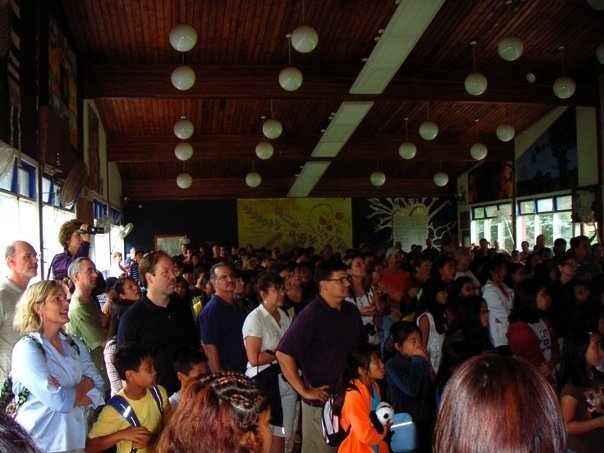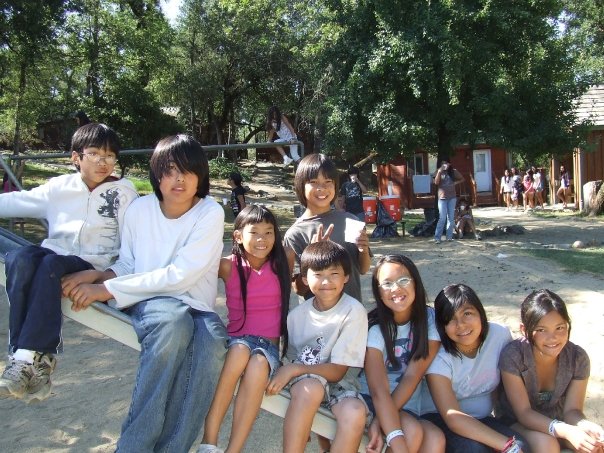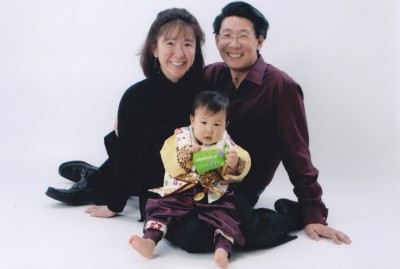A big part of my job involves crafting strategies to help Adoptees and their parents communicate with one another about tough issues like adoption and race. Common sense tells us that it’s a simple task; encourage Adoptees and parents to talk with each other about their life experiences, so they can understand each other on a deeper level. Sounds easy enough, right? It, however, proves to be much more complicated than that. Two major factors — when it comes to tough conversations about race or adoption — prevent meaningful conversations between Adoptees and parents.
The emotional, protective instincts both parties have for one another is the first contributing factor. Parents want their child to be happy and feel good about themselves, and will often go to great lengths to make it so. This protective instinct becomes counterproductive with many parents who are afraid to “stir the pot.” If their child isn’t talking about something, they must not be thinking about it. Therefore, parents avoid mentioning tough adoption issues to their children for fear that it might make them miss their Birth Parents, or think about their “adopted” place in the family, or remember a racist name they were called, ultimately making the child feel sad, hurt, angry or all three. Many Adoptees do, in fact, have these thoughts, but choose not to mention them because of the same protective instincts towards their parents. They, too, are afraid of “stirring the pot.” They think that mentioning Birth Parents, asking questions about adoption, or telling stories of racism, will make their parents feel inadequate and in some way imply that they’re not grateful for their family. These protective instincts have served as an inhibitor to conversations between Adoptees and their parents and work to create a vicious cycle that perpetuates the avoidance of rewarding and intimate conversation.
The second contributing factor speaks more to missed opportunities than it does to communication barriers. Many genuine moments, ripe with potentially meaningful connections, are missed because of the strong emotions evoked by parents. When parents hear stories about their child’s struggles, whether it is about adoption or racism, they will often let their emotions take over — emotions of anger, sadness, frustration, fear, or even outright rejection of the story. Tragically, the Adoptee’s feelings often get lost in the process as parents are consumed by their own emotions elicited by their child’s story. The parent mindset moves immediately to solutions and fixing the problem in order to assuage their child’s bad feelings and, by extension, their own. This isn’t to say that the emotional responses to their child’s experiences are a bad thing. It’s natural and inevitable to react emotionally, and it’s those emotional responses that inspire parents to act and advocate for their children in school, the community, and family environments. However, in terms of fostering strong communication between parent and child, it’s critical the parent be mindful of their own feelings when confronted by these issues, so that the proper attention can be given to the child’s experience rather than moving immediately to the remedy.
In the end, consistent communication between Adoptees and their parents about tough issues has proven to be elusive. We know that both parties want to have these conversations, but both parties are also a little scared about how the other will react. This fear has led us to silence around the issues and “quick fix” solutions that avert deeper discussion. Many times the problems that Adoptees bring to their parents aren’t fixable, and that’s OK. As soon as we start to feel comfortable sitting in the awkwardness of “unfixability” and the knowledge that our protections aren’t always necessary, the idea of these tough conversations become a little bit less daunting.


